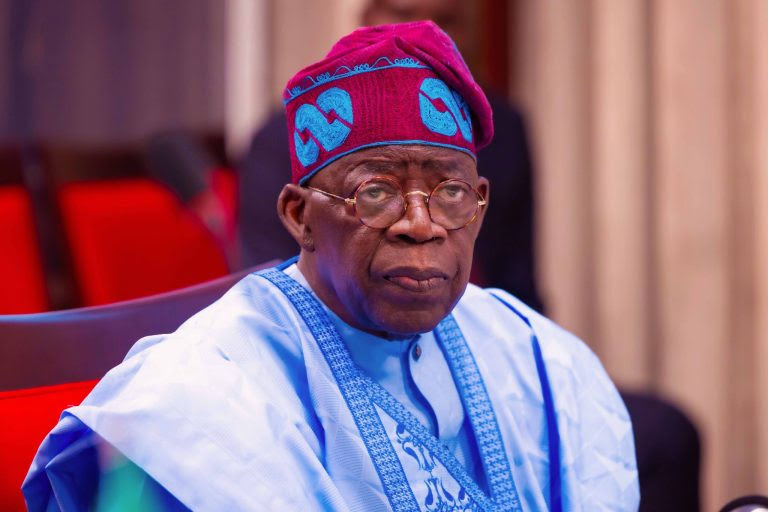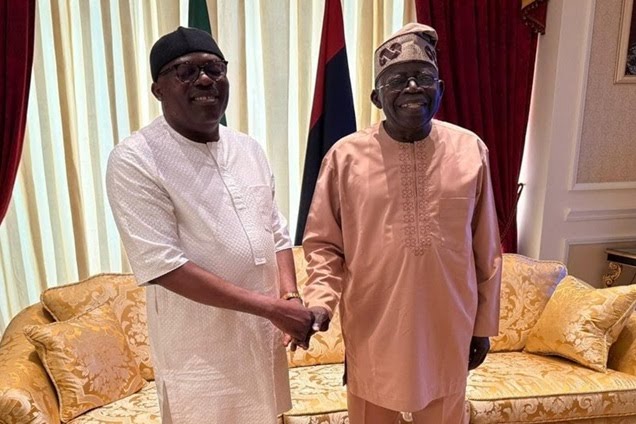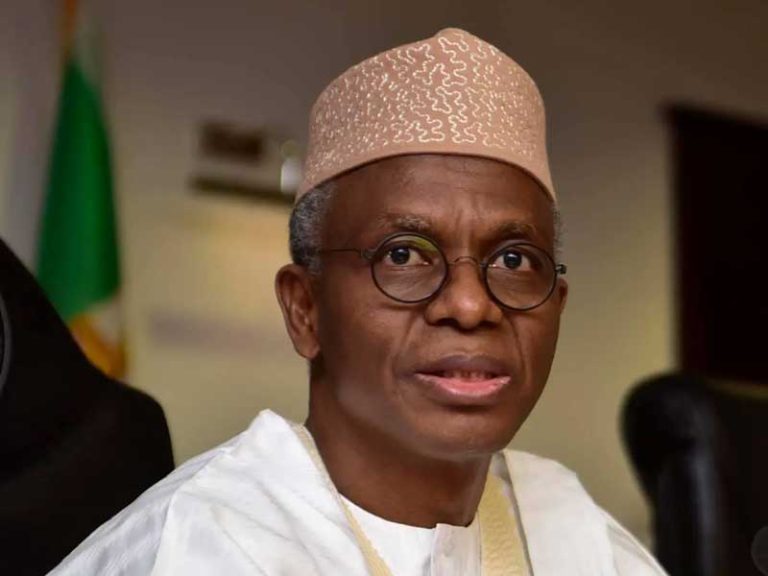
Tinubu Govt Worse Than Any Military Regime in Nigeria – El-Rufai
- Nigeria News
- 22.09.2025
- No Comment
- 42
Former Kaduna State Governor, Nasir El-Rufai, has launched a stinging attack on President Bola Ahmed Tinubu’s administration, declaring that it represents a greater threat to Nigeria’s democracy than any military regime the country has ever experienced.
Speaking over the weekend while hosting former Vice-President Atiku Abubakar at his residence in Kaduna, El-Rufai condemned the Tinubu government for what he described as “a disgrace to the very principles of democracy.”
The meeting between Atiku and El-Rufai came after an incident during the inauguration of the African Democratic Congress (ADC) in Kaduna State, where thugs stormed the venue and disrupted the proceedings. This attack has since sparked a war of accusations between El-Rufai and the Kaduna State government, each blaming the other for the violence.
The Nigerian Police subsequently summoned El-Rufai and several ADC chieftains for questioning regarding the disruption at the event, further fueling the political tension between the parties involved.
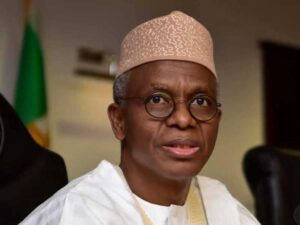
During his remarks, El-Rufai accused the current administration of betraying the principles of federalism and democracy that it once claimed to uphold. He argued that rather than decentralizing power, the Tinubu-led government is increasingly centralizing authority in a manner reminiscent of authoritarian regimes.
“Honestly sir, to me, it is even a disgrace. I mean, for people to behave the way they are behaving, it means that all the years of saying that we are for democracy and NADECO, all the claims that we are fighting for true federalism and so on—it was all a pretense, all fake again. Because this government (Tinubu’s administration) is trying to centralize everything instead of devolving power to the lower levels.”
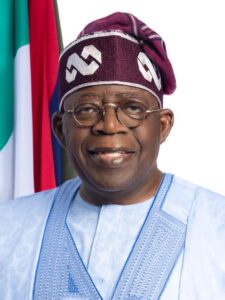
El-Rufai likened President Tinubu’s approach to that of Cameroon’s Paul Biya, who has remained in power since 1982, warning that Nigeria’s democracy could be on a dangerous path if corrective measures are not taken before 2027.
“The sum total of this is that we are facing an evil of such a large proportion in the history of this country that if we don’t come together and end this Tinubu administration by 2027, Tinubu will try to be our Paul Biya. All the signs are there, this is how Paul Biya started.”
According to El-Rufai, Tinubu’s government has been more intolerant of opposition voices than previous military regimes. He argued that even during military rule and the civilian administration of President Muhammadu Buhari, dissenting political views were not met with the same level of hostility now seen under Tinubu.
“You (Atiku Abubakar) are our leader, you have done this fight before, you have fought the military, you have experience in democratic governance. And when you and Obasanjo were in charge of this country, no one was being harassed because he had a different political feel, never, not once. Even President Buhari, with his military background, never did that, and here we are facing full-fledged civilians but they are worse than any military regime we’ve ever had.”
El-Rufai emphasized that the current administration’s approach to governance, particularly its crackdown on opposition, could erode public confidence in democracy and push the country into deeper political instability.
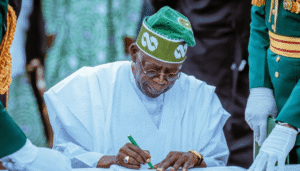
El-Rufai reiterated his call for opposition parties to unite ahead of the 2027 general elections in order to prevent President Tinubu from extending his hold on power.
“Your call that we must unite is a timely one. I think the people of Nigeria have made up their mind that APC must be voted out. Nigerians are looking forward to his (Tinubu’s) ouster. We must provide the leadership and the unity of purpose that we have talked about, and then I am sure with your leadership, forbearance and diplomatic skills of bringing people together, I am sure we will reach the Promised Land.”
In response to El-Rufai’s remarks, former Vice-President Atiku Abubakar praised the former governor’s courage and called on opposition figures across Nigeria to remain steadfast in their efforts to protect democratic governance.
Atiku emphasized that only through collective action and democratic means can the current administration be challenged and removed in 2027. He urged Nigerians to remain hopeful and proactive, stressing the importance of unity among all opposition forces.
El-Rufai’s comments have sparked widespread debate about the state of Nigeria’s democracy under President Tinubu. His comparison of the current government to military regimes and authoritarian leaders like Paul Biya has raised alarms among political observers, civil society groups, and international stakeholders.
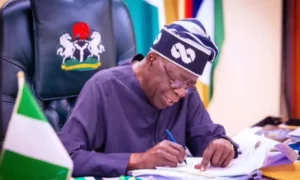
Some analysts view El-Rufai’s remarks as a reflection of growing discontent within the Nigerian political elite, including among members and former allies of the ruling All Progressives Congress (APC). The increasing criticism of Tinubu’s administration could signal potential realignments ahead of the 2027 elections.
A major theme of El-Rufai’s critique is the erosion of federal principles in Nigeria’s governance structure. By centralizing power rather than devolving it, critics argue that the Tinubu administration risks undermining the very foundation of Nigeria’s federal system.
For many Nigerians, especially those advocating for restructuring, this trend poses a direct threat to national unity and development. Analysts warn that without significant reforms and a recommitment to federalism, the country’s democratic experiment could face serious challenges.
Nasir El-Rufai’s strong condemnation of President Bola Tinubu’s administration underscores the deepening political divisions in Nigeria as the country approaches the 2027 elections. By framing the current government as worse than any military regime, El-Rufai has placed a spotlight on issues of authoritarianism, federalism, and democratic accountability.
Whether his warning resonates with ordinary Nigerians remains to be seen, but his call for unity among opposition forces is likely to shape the country’s political discourse in the coming years. With Atiku Abubakar echoing similar sentiments, the stage is set for a potentially fierce political battle leading up to 2027.

